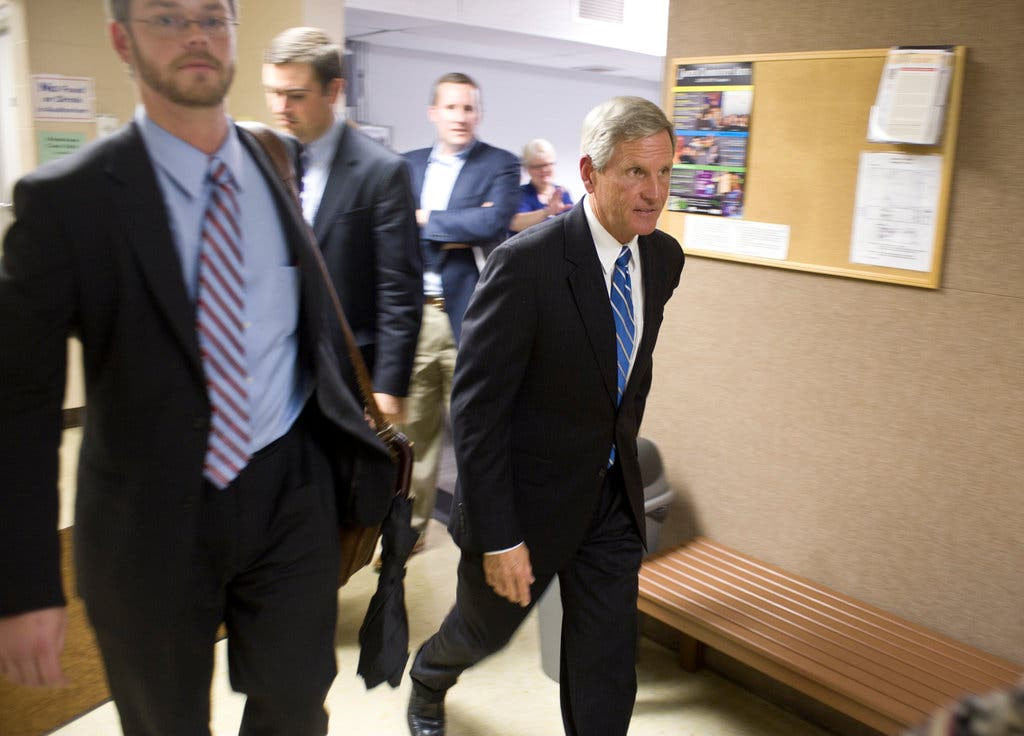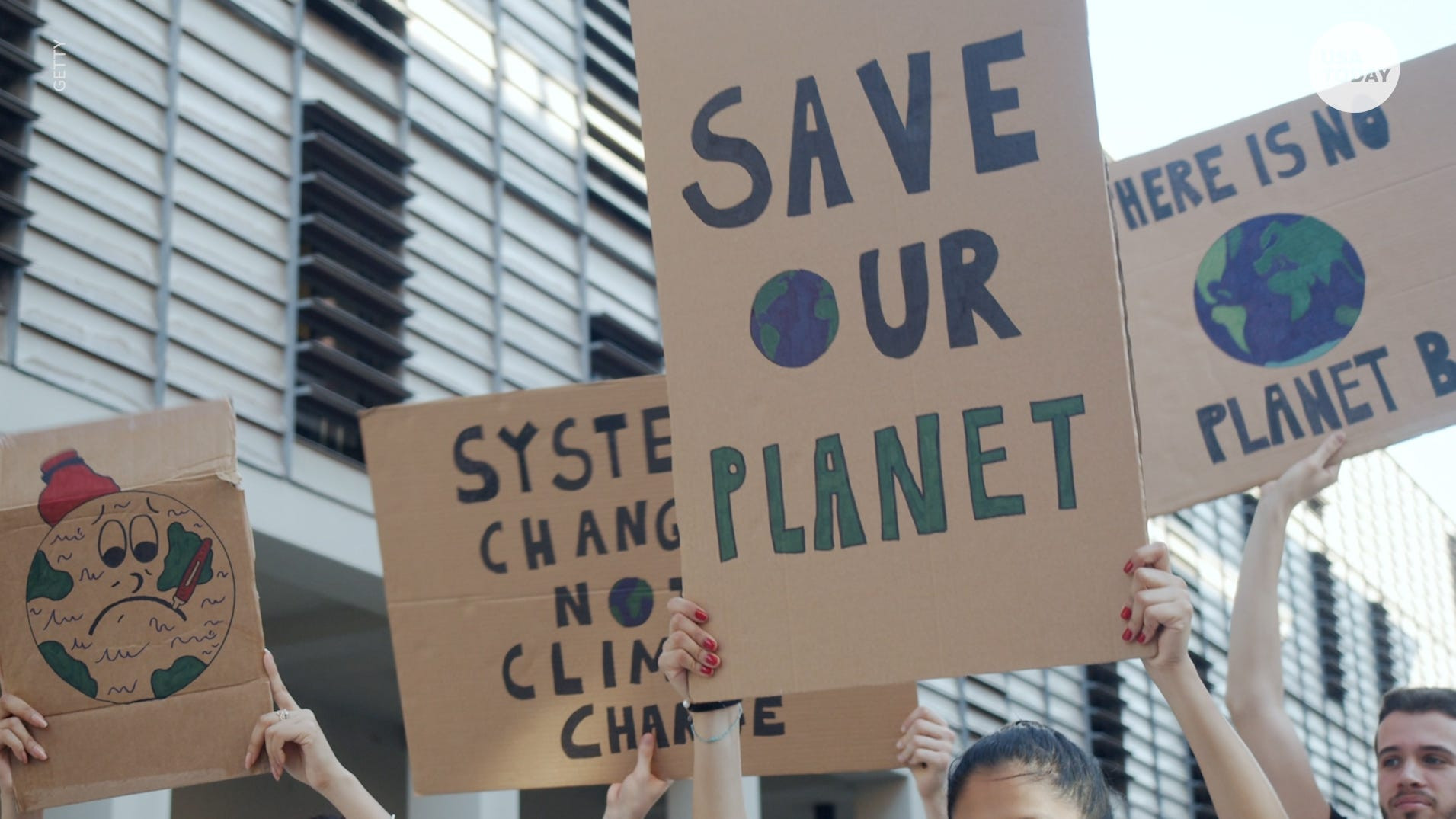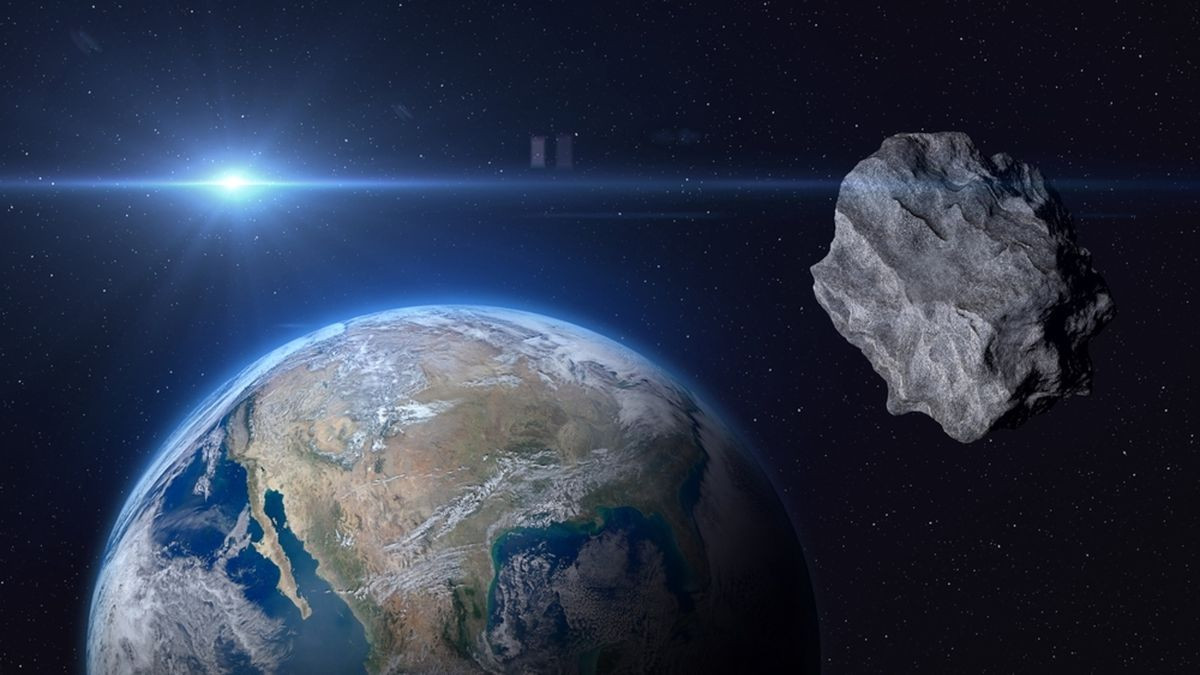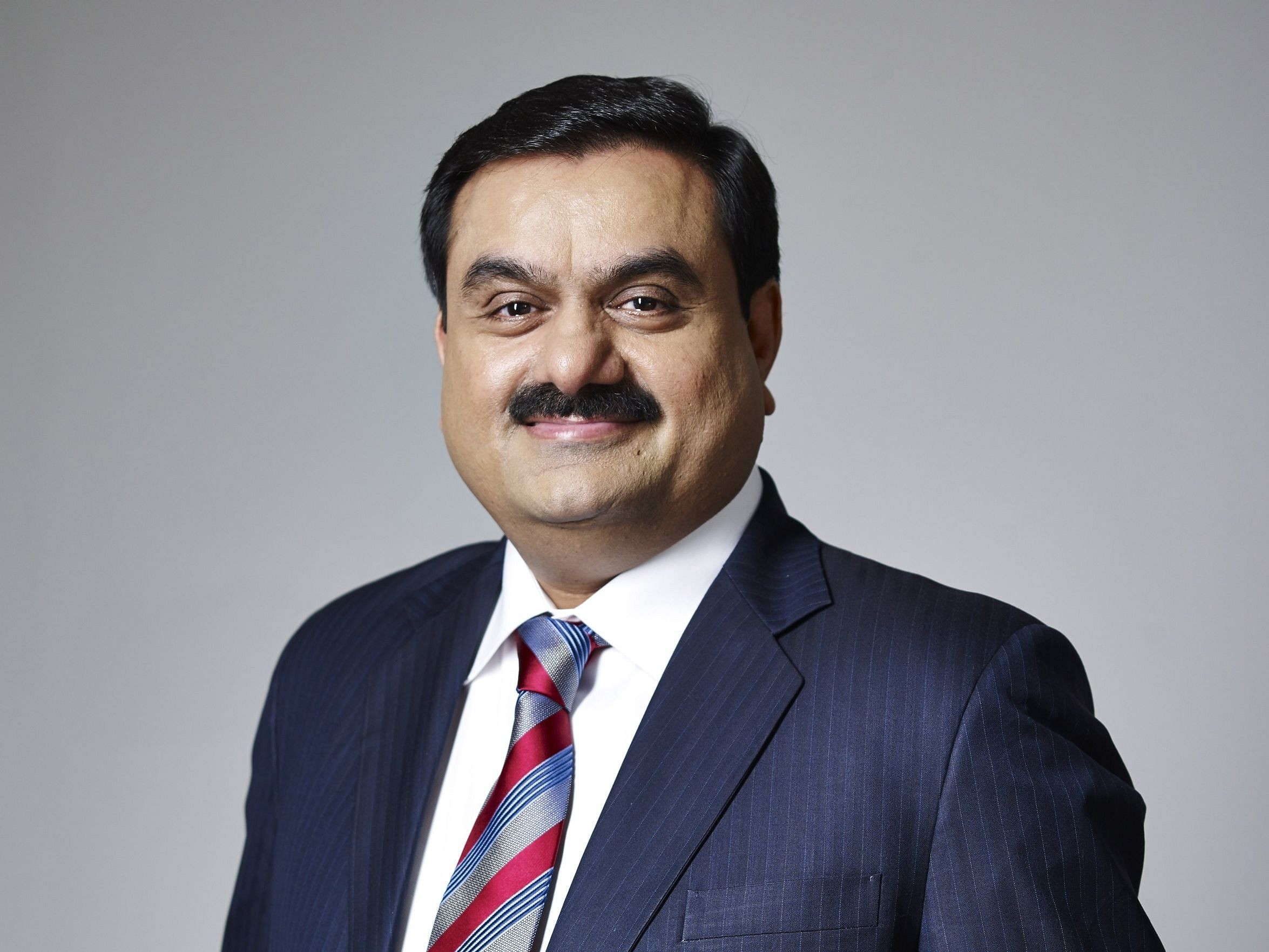Skepticism abounds on companies’ green credentials.
A growing number of US consumers are losing faith in the world’s ability to save the planet, this according to new global research from Mintel.
The firm’s flagship “global outlook on sustainability” report reveals a crisis in eco-confidence; the number of consumers who agree, “If we act now, we still have time to save the planet,” has declined 10 percentage points from 50% in 2021 to 40% in 2024. Globally, the number has dropped seven percentage points from 55% in 2021 to 48% in 2024 per Mintel.
What’s more, consumers are less convinced that they personally can make a difference in the planet’s future, with a fall in the number of global consumers who believe their actions can make a positive difference to the environment, slipping from 51% in 2021 to 47% in 2024. It is even lower in the US, with 45% saying their behavior can make a positive difference in the environment in 2024, down from 48% in 2021.
The US: Climate Deniers?
When it comes to taking responsibility for climate change, the study reveals that US consumers are “climate deniers” as only 39% agree that the US is contributing to climate change, down seven percentage points from 2021 (46%). However, recent extreme weather events have prompted Americans to reconsider their actions, as the number of those who say they are doing more to personally protect the environment has risen from 43% in 2021 to 49% in 2024 per Mintel.
Eco-Activists: A Controversial Force
Playing their part to help focus the world’s attention on the environment, eco-activists are increasingly welcomed as educators in the US. While sometimes considered controversial, 43% of US consumers agree that eco-activists have raised their awareness of environmental issues, up from 36% in 2023. This, analysts say, is likely influencing the 35% of people globally who don’t trust companies to be honest about their environmental impact, including 31% of US consumers who say the same.
Brands: A Role in Reassurance and Education
“While experiencing climate change and its existential and public health threats can awaken and engage consumers, a growing realization of the scale of the increasingly pressing challenges can also erode optimism and create a sense of feeling overwhelmed,” said Richard Cope, senior trends consultants, Mintel Consulting. “This is exactly what we’ve seen play out during this extensive, multi-year study, with the belief that ‘we still have time to save the planet’ ebbing away.”
Cope says these somber statistics present an opportunity for brands to play a role in reassuring and educating people. As many as over a third (31%) of US consumers don’t trust companies to be honest about their environmental impact per Mintel.
Clear Communication and Metrics
Analysts advise brands to utilize clear communication and metrics to encourage consumers to make more sustainable choices. The top consumer choice for the type of on-pack sustainability claim or label that would significantly impact their purchasing decision is a Nutriscore-style, simple rating scale that shows the environmental impact of a product. For consumers, a single label could ultimately liberate them from a convoluted array of competing organic, fair trade and other claims, analysts say.
The Humanized Approach
According to Mintel, the second most popular on-pack sustainability claim or label people are looking for is information on the product’s impact on people – this chosen by 27% of Americans and 27% of global consumers. This research signals the need for a humanized approach to the climate crisis and its solutions.
“As climate change has developed into a public health crisis of killer heatwaves and pollution, personal health should be positioned and prioritized as a benefit of sustainable products, wherever possible,” said Cope.
Focus on Individual Benefits
He added that in order for brands’ sustainability campaigns to be more effective focus must be placed on demonstrating the benefits to consumers in terms of efficiency, frugality and wellbeing on an individual level, ahead of their benefits to the overall environment.
The Future of Sustainability
The decline in consumer confidence about saving the planet is a concerning trend. However, it also presents an opportunity for brands to step up and play a more proactive role in educating and reassuring consumers. By focusing on clear communication, simple metrics, and the individual benefits of sustainable choices, brands can help to rebuild trust and inspire action. It’s time for brands to move beyond simply claiming to be sustainable and start proving it.


















